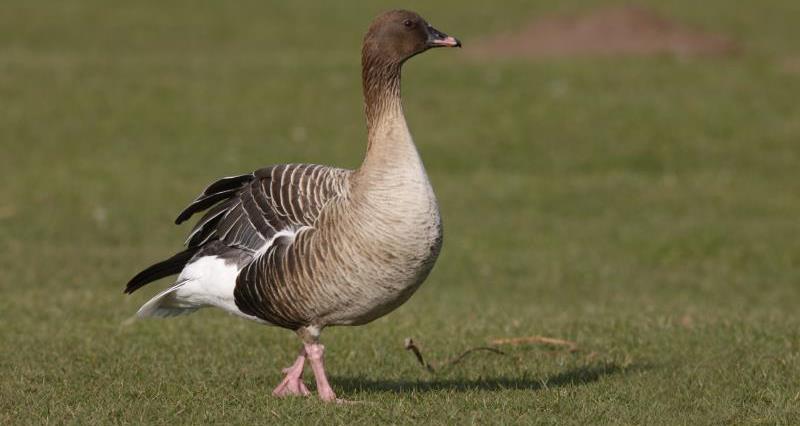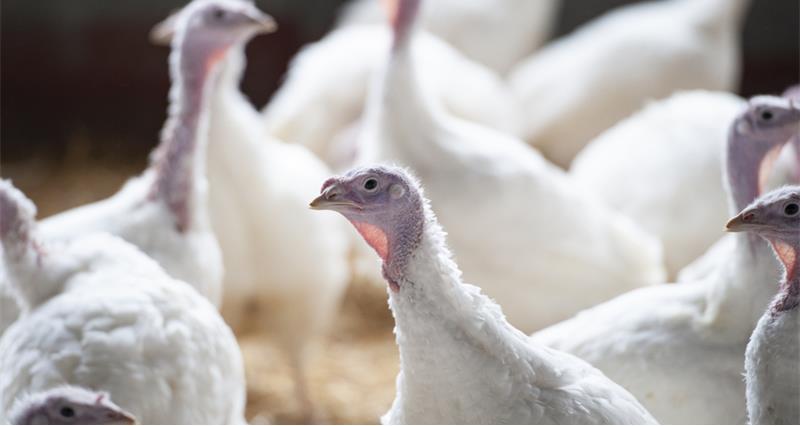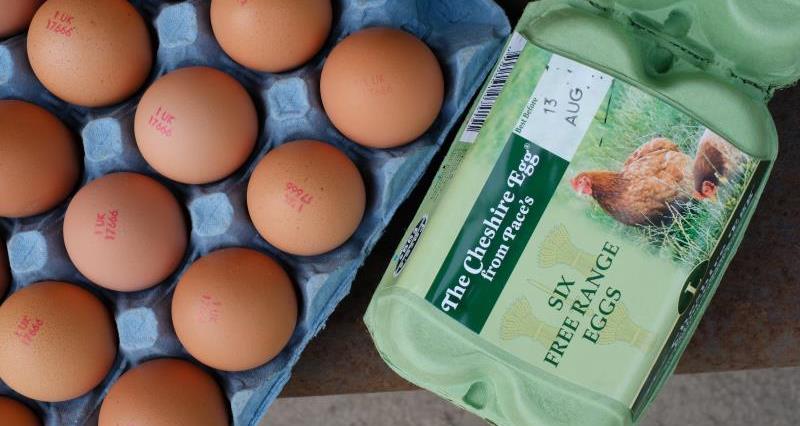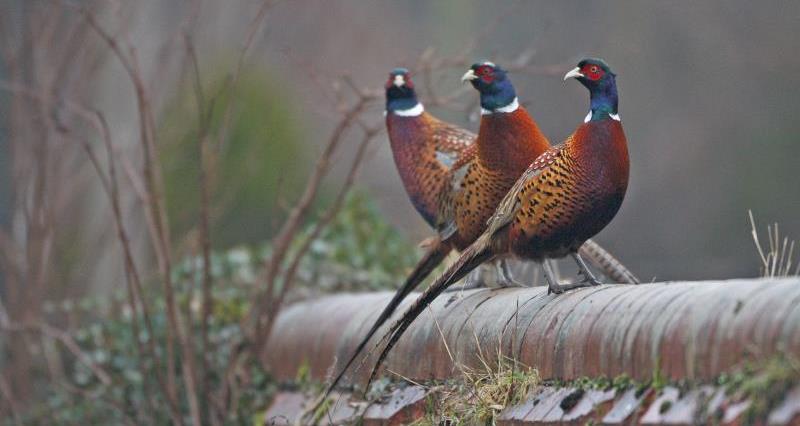Across the UK AI (Avian Influenza) surveillance is carried out by APHA (Animal and Plant Health Agency) all year round, via the public and warden patrols reporting dead bird findings.
You can find further advice on how to prevent AI and stop the spread on the government's website: GOV.UK | Hygiene and biosecurity standards to keep birds safe from avian influenza
What to do if you find a dead wild bird
If you find a dead wild bird, you are encouraged to report it to Defra using their online reporting service or by phoning their helpline 03459 335577. It should be noted not all dead birds reported will be collected. Each case will be triaged and dealt with according to the species and number of birds.
You should use these services to report dead wild birds if you find:
- 1 or more dead birds of prey (such as an owl, hawk or buzzard)
- 3 or more dead birds that include at least 1 gull, swan, goose or duck
- 5 or more dead wild birds of any species
You should not touch or pick up any dead or visibly sick birds. Wild birds are susceptible to a range of diseases and injuries and not all dead birds will have been infected with avian influenza
How are they collected?
APHA may collect the bird(s) to test for AI, helping to understand how the disease is distributed geographically.
Once a bird has been collected for testing, no further bird carcases of the same species will be collected from that location (within 3km radius) for 14 days.
Disposal of dead birds on public land
If you want to get dead wild birds removed you should contact your local authority to report the location and number of dead wild birds.
On public land it is the local authority’s responsibility to arrange for disposal of the carcases if they are not collected by APHA within 4 days of reporting.
Disposal of dead wild birds on privately owned land
If you want to get dead wild birds removed you should contact the landowner or land manager. It is the landowner or land manager’s responsibility to safely dispose of a bird carcase if they are not collected by APHA within 4 days of reporting.
If you keep any poultry or captive you must remove wild bird carcases if found in their living area or areas associated with the birds such as bedding or feed stores.
Defra also recommend disposing of wild bird carcases if they are found:
- at a residential premises
- in urban or suburban areas or rural access routes (footpaths)
- in areas with significant wild bird populations where they could scavenge on the carcases
If a landowner or land manager decides to remove the carcase, it is their responsibility to safely arrange disposal of the carcases as category 1 animal by-product. The landowner or manager will also be responsible for any costs associated. They can contact a specialist waste contractor or the local authority to help arrange disposal of the birds.
If disease is not suspected, dead wild birds do not need to be disposed of as category 1 animal by-product.
Disposal of dead wild birds at domestic properties
If you find small numbers of dead garden birds at your home (domestic residential properties only) you can dispose of them in your household or municipal waste bin, or you can bury them.
For large numbers of birds, you can contact a specialist waste contractor to arrange disposal of the birds if after 4 days the birds have not been removed by APHA. You can also seek help and guidance from your local authority.
Disposal of small numbers of garden birds in household waste refuse
Make sure you:
- Wear disposable protective gloves or use plastic bags as makeshift gloves
- Lift the bird using an in turned bag, the bag can be turned back on itself and tied off
- The bag should then be placed in a second plastic bag, ensuring not to contaminate the outside of the outer bag
- Remove any hand coverings and place them in the second bag as well
- Tie the second bag closed and dispose of in the normal household waste
- Wash your hands thoroughly
Burial of small numbers of garden birds
A small number of garden birds can be buried but the hole must be at least 60cm and not close to any watercourse.
Make sure you wear disposable protective gloves or use plastic bags as makeshift gloves when picking up the bird(s), and that you dispose of gloves by double bagging and putting in the normal household waste, ensuring to not contaminate the outside of the outer bag,
Wash your hands thoroughly.
Key Resources
Full guidance on reporting dead wild birds can be found at: GOV.UK | Reporting dead wild birds.
Full guidance on the disposing of dead wild birds can be found at: GOV.UK | Disposal of dead wild birds.



